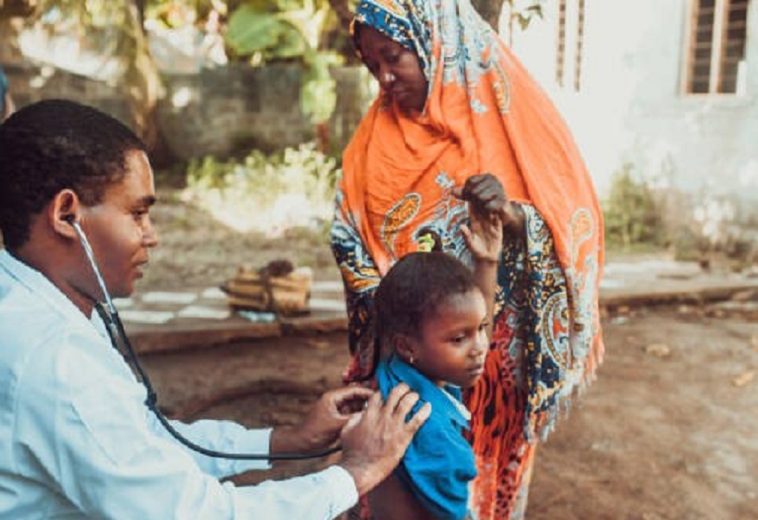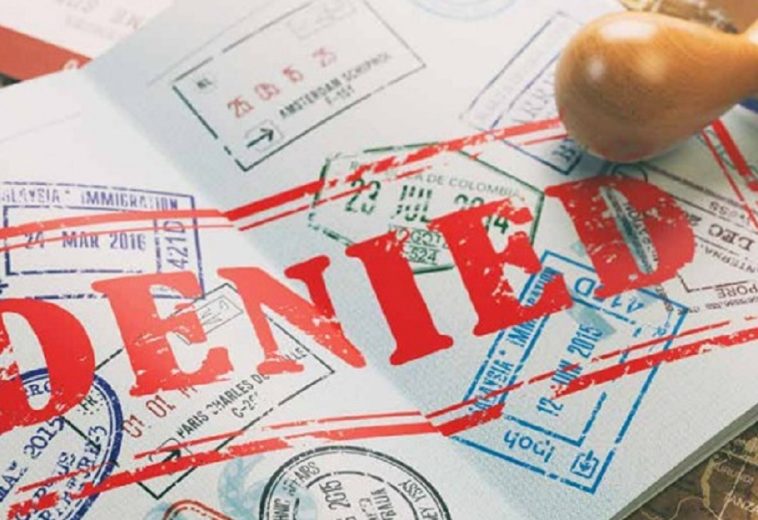On August 19th, the UN Humanitarian Day honours the courage, resilience, and dedication of those working tirelessly to alleviate human suffering in challenging environments. Africa, despite its vast resources and cultural diversity, faces significant humanitarian challenges such as conflict, displacement, climate change, and poverty. Despite these crises, unsung heroes provide life-saving assistance and build resilience.
According to the United Nations, 2023 was the deadliest year for humanitarians. Despite 75 years of international laws to protect civilians and aid workers, violation persists. The reports also recorded 595 victim attacks, 91 kidnapped, 224 wounded, and 280 killed in 2023.
Conflicts in countries like Sudan, Ethiopia, and the Democratic Republic of Congo have displaced millions, while climate-induced disasters, such as droughts and floods, are increasing in frequency and severity. The COVID-19 pandemic further exacerbated existing vulnerabilities, leaving millions in dire need of humanitarian aid. Despite these risks, these dedicated individuals continue to work tirelessly to save lives and improve the well-being of those in need.
Africa is home to countless dedicated humanitarians whose selfless work has touched the lives of millions. While it would be impossible to name them all in this article, the following highlights a few of the many individuals whose extraordinary contributions exemplify the spirit of humanitarianism across the continent.
Abdul Satar – A Lifeline for Displaced People in Somalia
Abdul Satar, a Somali humanitarian, founded the Somali Youth Development Foundation (SYDF) to provide essential services to thousands of internally displaced persons (IDPs) in Somalia. Satar’s work, particularly in volatile regions, has been crucial in addressing the humanitarian needs of vulnerable populations. Despite limited access to basic services and high risks, Satar’s dedication to his mission has made him a beacon of hope for displaced families. He believes every life saved is a victory for humanity, demonstrating his commitment to his mission.
Dr. Denis Mukwege – The Healer of Women in the DRC
In his Nobel lecture, Dr. Denis Mukwege declared, “The world’s indifference to the suffering of women must end. We must all take responsibility for ensuring that justice is served and that survivors are given the support they need to rebuild their lives.” Dr. Mukwege, a Congolese gynecologist, has gained international recognition for his work with survivors of sexual violence in the Democratic Republic of the Congo (DRC). He founded Panzi Hospital in Bukavu and treated tens of thousands of women who have experienced brutal acts of sexual violence. Dr. Mukwege advocates for women’s rights and holds perpetrators accountable, earning the Nobel Peace Prize in 2018. His advocacy has raised global awareness about sexual violence in conflict and pushed for stronger measures to protect women and girls.
Dr. Matshidiso Moeti – A Pioneer in African Public Health
Dr. Matshidiso Moeti, a Botswana-based public health expert, has been instrumental in Africa’s fight against infectious diseases. As the first woman to lead the World Health Organization’s Africa Region, she has significantly improved disease surveillance, strengthened health systems, and facilitated vaccine delivery. Her collaborative approach has saved lives and strengthened Africa’s capacity to respond to health emergencies. Moeti emphasizes the importance of working together across borders and sectors to protect the health of all people, especially the most vulnerable.
Zainab Bangura – Championing Women’s Rights in Conflict Zones
Zainab Bangura, a Sierra Leonean diplomat and human rights advocate, has been instrumental in the fight against sexual violence in conflict zones across Africa. As the United Nations Special Representative on Sexual Violence in Conflict, she documented cases in Central Africa, South Sudan, and Nigeria. Bangura’s advocacy has brought attention to the issue, empowering survivors to seek justice and support. She emphasizes the importance of standing with women who have endured atrocities and amplifying their voices. “The resilience of women who have endured the worst atrocities is a testament to their strength and courage. We must stand with them and ensure their voices are heard,” Bangura passionately states, underscoring her commitment to amplifying the voices of those who have been silenced by violence.
Patience Nyasha – A Beacon of Hope for Mental Health in Zimbabwe
Patience Nyasha, a Zimbabwean mental health counselor, has been instrumental in raising awareness and providing support to individuals with mental health issues in her country. She founded the Mental Health Initiative of Zimbabwe (MHI-Z), offering counseling services, support groups, and awareness campaigns to break the stigma surrounding mental health. Nyasha’s efforts have reached thousands of individuals, especially in rural areas with limited access to mental health services. She believes mental health is just as important as physical health and must be treated with urgency and compassion.
Mpho Dlamini – Innovating Solutions for Water and Sanitation in South Africa
Mpho Dlamini, a South African humanitarian engineer, is a pioneer in addressing water and sanitation issues in underprivileged communities. He founded Water for Life, a non-profit organization, to provide clean water and sanitation facilities. Dlamini’s initiatives have improved public health and empowered communities to sustainably manage their water resources. He believes access to clean water is a basic human right, and no one should be denied this right based on their birthplace or economic status. He stated “Access to clean water is a basic human right. No one should be denied this right because of where they were born or their economic status.”
Aqeela Asifi – Educating Afghan Refugee Girls in Kenya
Aqeela Asifi, an Afghan refugee, started a school in Kenya’s Kakuma Refugee Camp, providing education to Afghan girls who were denied access due to Taliban rule. Her work has empowered thousands of girls, enabling them to learn and build better futures. Asifi’s efforts have been recognized with the 2015 Nansen Refugee Award by the UNHCR. Asifi believes education is the most powerful tool for empowering women and breaking poverty and oppression cycles. “Education is the most powerful tool for empowering women and breaking the cycle of poverty and oppression,” Asifi believes.
Dr. Samba Sow – Fighting Disease in Mali
“Health is a human right, and we must do everything in our power to ensure that every person, no matter where they live, has access to the care they need,” these were the words of Dr. Samba Sow, a Malian epidemiologist who has been instrumental in fighting infectious diseases in Mali, particularly Ebola, meningitis, and COVID-19. As the former Minister of Health for Mali and the current Director General of the Centre for Vaccine Development in Bamako, Sow has strengthened Mali’s public health system and improved vaccine access. His efforts have saved lives and prevented disease spread in a region with weak and under-resourced health systems. Dr. Sow’s commitment to public health is based on the belief that health is a human right and everyone should have access to necessary care.
Celebrating the Unsung Heroes of Africa
The unsung heroes of Africa, who have made significant contributions to various aspects of human life and development, are celebrated on World Humanitarian Day. Their work spans from healthcare and mental health to education, peacebuilding, and engineering. These humanitarians, often at great personal risk, save lives and bring hope to the most vulnerable. Their stories serve as a reminder that individual actions can make a profound difference, inspiring us to take action, support those in need, and advocate for a world where every person’s dignity and rights are respected. Let us continue to celebrate and support these heroes, demonstrating the power of compassion, courage, and humanity.




